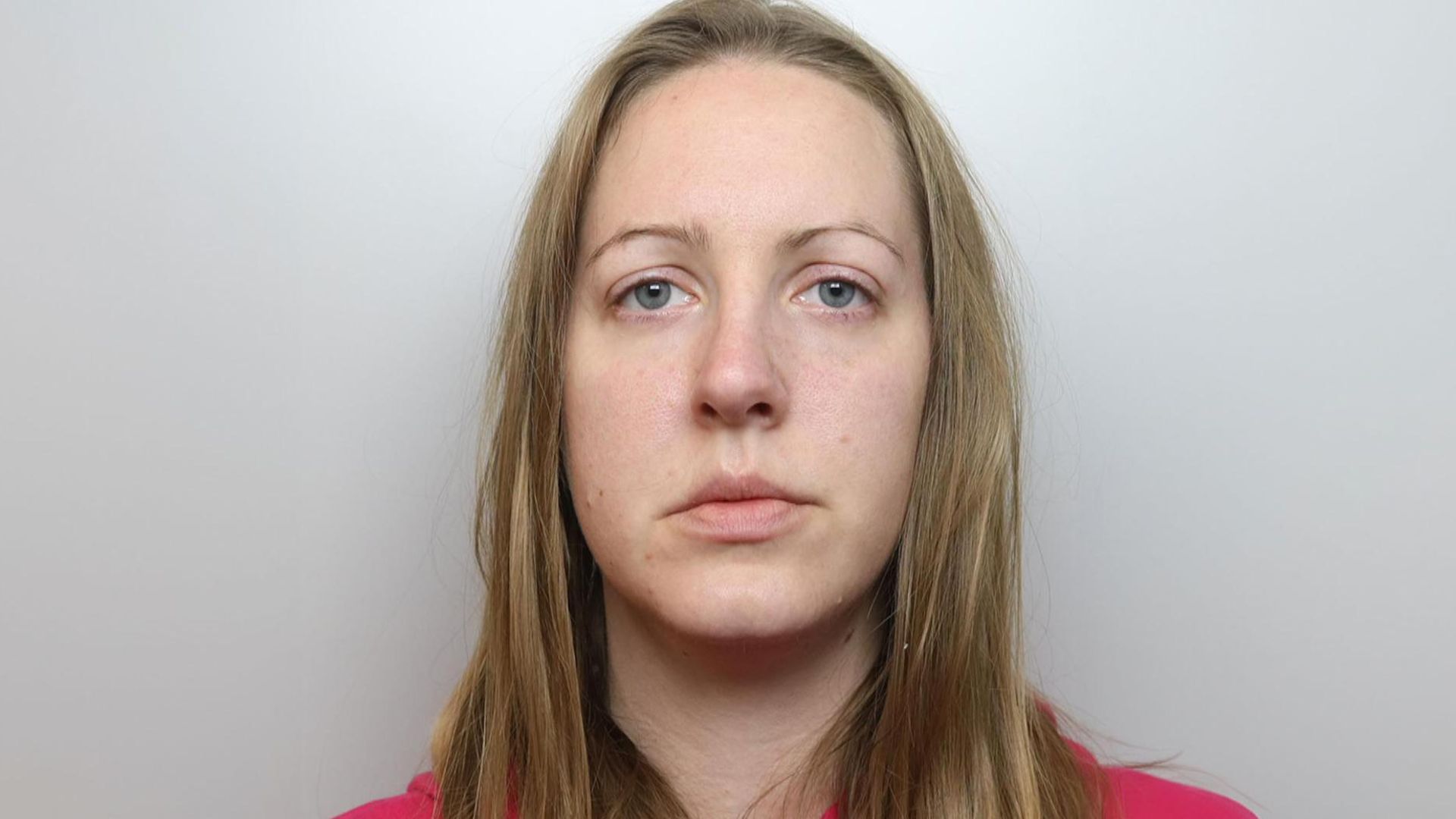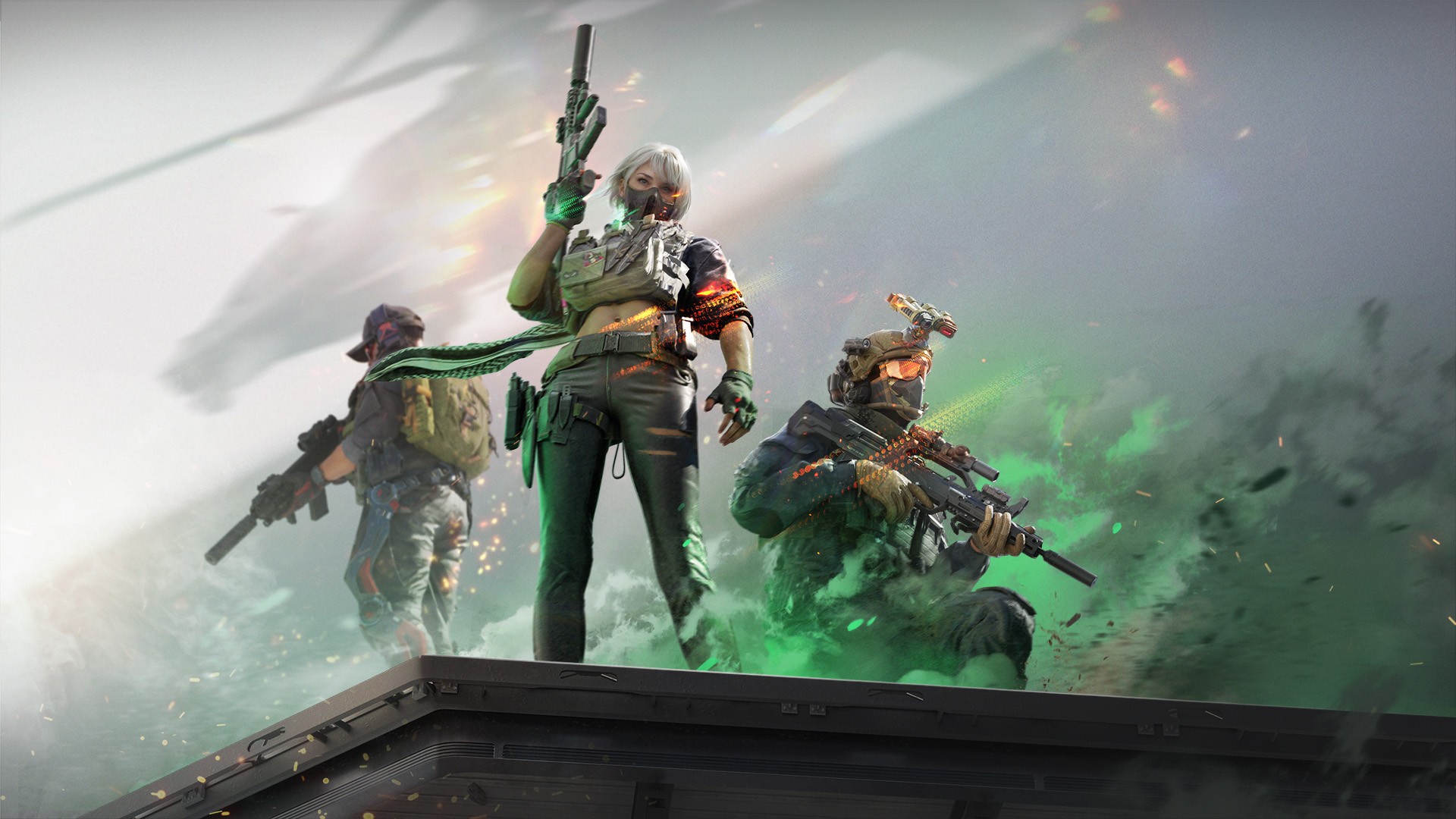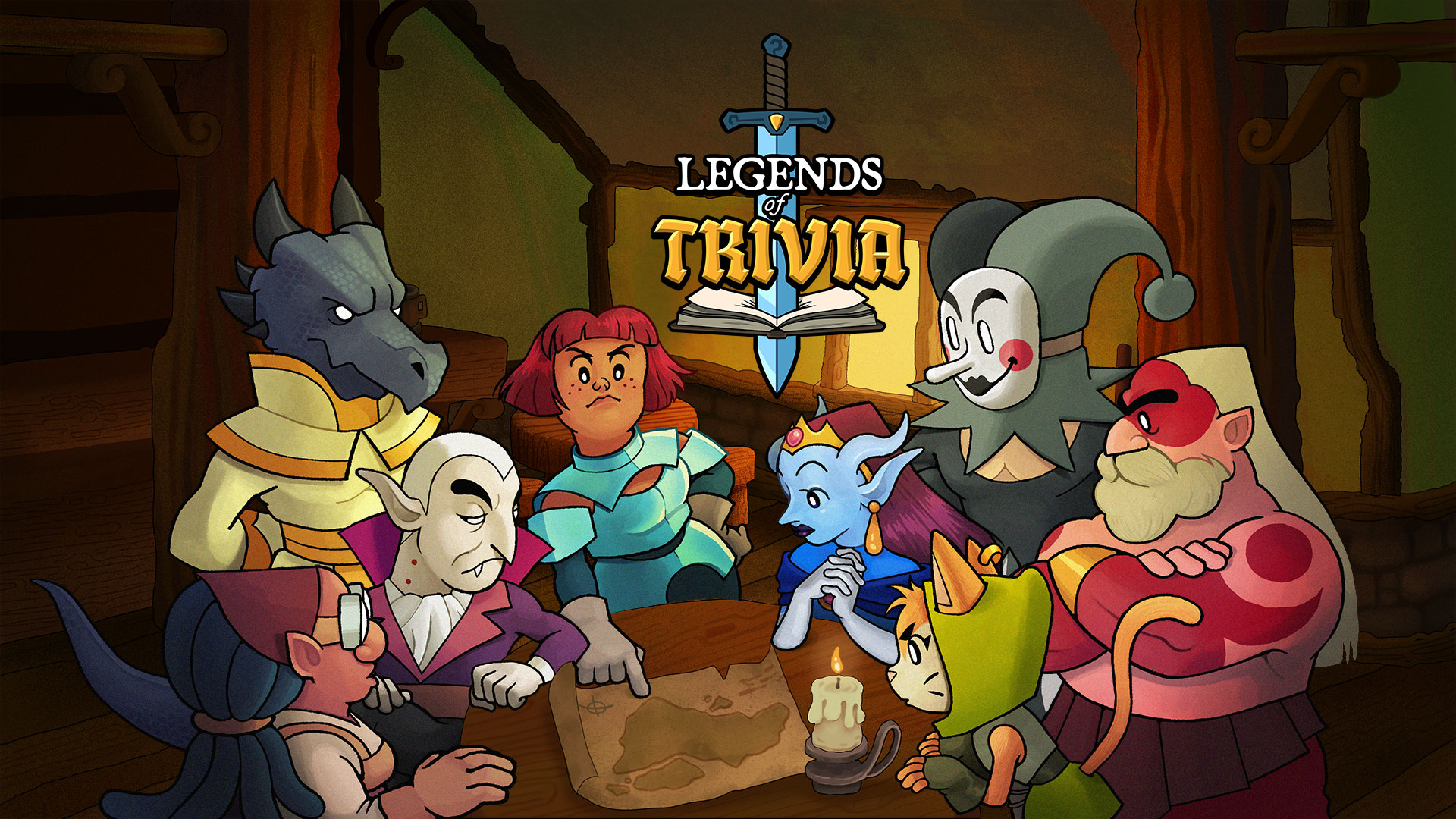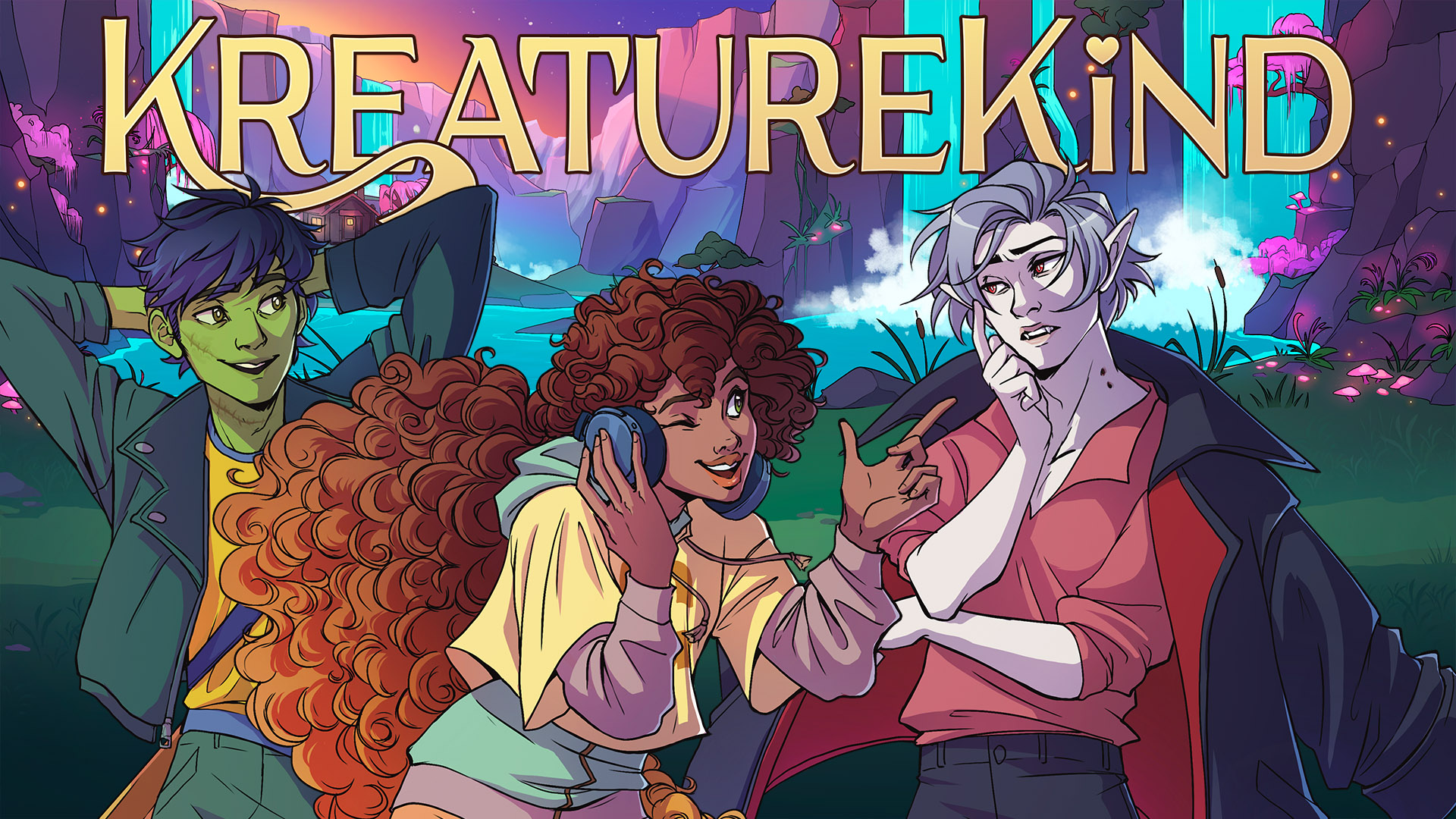Depression vs Grief: Understanding Pain, Loss, and Mental Health
Depression vs Bipolar, Anxiety, Grief, and ADHD: Key Differences You Should Know
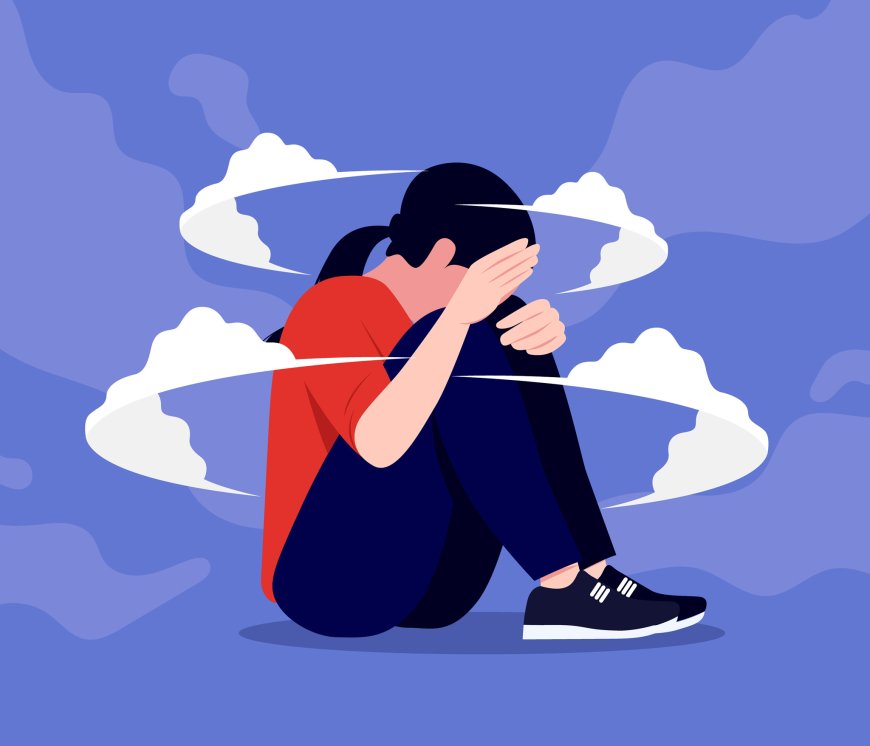
Life brings us joy, growth, love—and sometimes, deep pain. When we lose someone close or face a life-altering situation, it can feel like the ground has been ripped from beneath us. But how do we know if we’re grieving or slipping into depression? The distinction isn’t always easy to see. Still, understanding the difference between Depression vs Grief is essential, especially when it comes to healing and getting the right support.
At Evolve Psychiatry, we believe that mental health is not a luxury—it’s a necessity. Pain is real. Your story matters. And support is available.
Grief: The Natural Response to Loss
Grief is a deeply personal response to loss—whether it’s the death of a loved one, a breakup, loss of a job, or a major life transition. It's painful, unpredictable, and different for everyone. You might cry often, feel empty, or even find yourself laughing and then suddenly sobbing again.
Grief can feel like waves crashing in—intense at first, but eventually spacing out over time. People may notice:
-
Sadness that ebbs and flows
-
Longing or missing what was lost
-
Thoughts centered around the loss
-
Preserved self-esteem
-
A continued connection to others
Grief is not a disorder. It's a healthy, though painful, emotional process that helps us adjust to a new reality. Over time, most people find ways to adapt, carry the memory of what was lost, and move forward.
Depression: When Sadness Becomes Something Deeper
Depression, on the other hand, is a diagnosable mental health condition. It can develop after a loss or even without an obvious trigger. Depression weighs heavily, casting a dark shadow over your mind and body. It affects how you sleep, eat, think, and feel about yourself. Unlike grief, depression doesn’t always have a clear reason—and it doesn’t ease up with time.
People struggling with depression may experience:
-
Persistent sadness or emptiness
-
Loss of interest in once-loved activities
-
Feelings of worthlessness or guilt
-
Hopelessness or thoughts of self-harm
-
Isolation and disconnection from others
When you’re depressed, life can feel dull, meaningless, or overwhelming. And without support, it can get worse.
Depression vs Grief: Why the Difference Matters
So, how do you tell the difference between Depression vs Grief? Both hurt deeply. Both can leave you feeling lost. But the difference lies in how they affect your sense of self, your hope for the future, and your ability to function.
| Grief | Depression |
|---|---|
| Sadness linked to specific loss | Pervasive sadness with no clear cause |
| You may still feel joy | Difficulty experiencing pleasure |
| You can usually feel supported | Isolation from even close friends |
| You still value life | Hopelessness, possible suicidal thoughts |
Understanding this difference matters because it changes the kind of help that’s needed. Grief needs compassion, time, and support. Depression requires professional intervention—therapy, medication, and personalized care.
At Evolve Psychiatry, we help you recognize what you’re going through and offer real tools for healing.
Can Grief Turn into Depression?
Yes. Sometimes, grief doesn’t heal on its own. When intense sorrow doesn’t ease over time—or becomes too overwhelming—it can lead to complicated grief or major depression. This is especially true if the grief is combined with other life stressors, trauma, or a history of mental health struggles.
If you’ve been grieving for months and feel stuck, exhausted, or hopeless, it might be time to seek help.
Taking the Next Step Toward Healing
Whether you’re dealing with Depression vs Grief, one thing is certain—you don’t have to go through it alone. If you or someone you love is feeling overwhelmed by loss, sadness, or emptiness, take a step toward healing. At Evolve Psychiatry, we’re here to listen without judgment and guide you toward better days.
Here’s how you can begin:
-
Talk to someone – Sometimes saying the words out loud is the first step toward healing.
-
Recognize what you're feeling – Naming your emotions helps you manage them.
-
Reach out for help – Therapy and psychiatric care can transform your outlook.
-
Give yourself grace – Healing isn’t linear. It’s okay to feel pain, confusion, and even joy again.
Why Choose Evolve Psychiatry?
Because your mental health deserves attention. At Evolve Psychiatry, we offer compassionate, expert care tailored to your unique story. Whether you’re facing grief, depression, anxiety, or something else, we don’t rush you—we walk beside you.
Let today be the day you take action. Not for anyone else, but for yourself. You are not broken. You are human. And healing is possible.
Final Thoughts
Understanding Depression vs Grief isn’t about choosing one over the other—it’s about recognizing your pain and finding the right path to healing. Both are valid. Both are real. But with the right support, you can move forward, step by step.
If you’re ready to begin your journey toward emotional wellness, reach out to Evolve Psychiatry. Let us help you make sense of your pain—and rediscover hope.
What's Your Reaction?
 Like
0
Like
0
 Dislike
0
Dislike
0
 Love
0
Love
0
 Funny
0
Funny
0
 Angry
0
Angry
0
 Sad
0
Sad
0
 Wow
0
Wow
0









